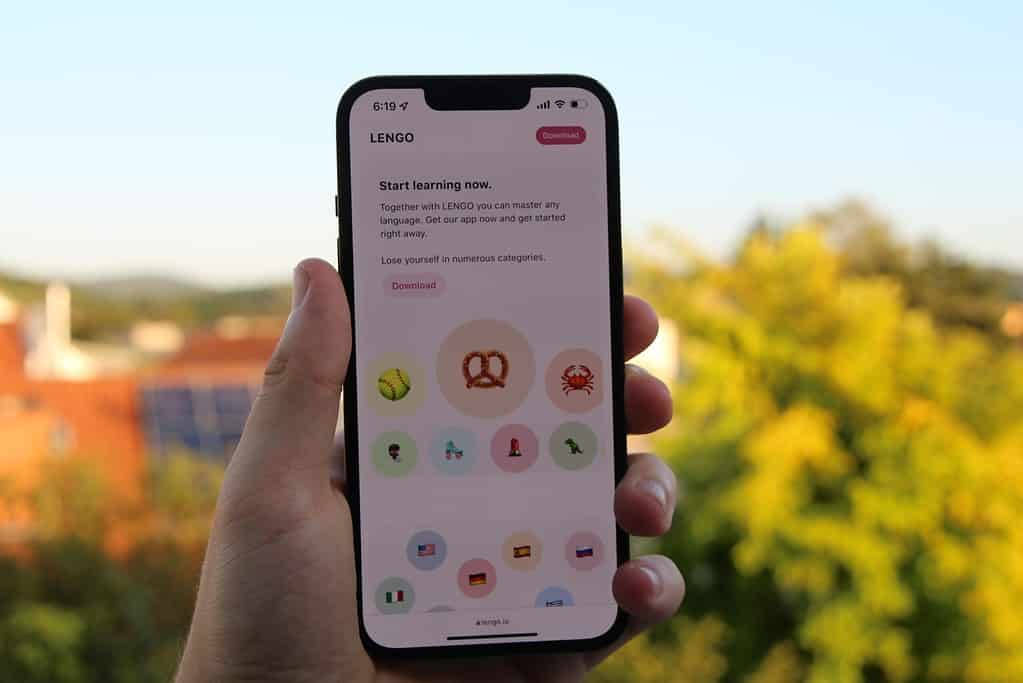If you’ve ever found yourself tangled in the labyrinth of French bureaucracy, you’re not alone. Navigating administrative hurdles in France requires not only patience but also a well-stocked vocabulary. In this comprehensive guide, we’ll explore key vocabulary and strategies to help English-speaking learners confidently handle tasks like setting up utilities, managing finances, and dealing with official documents in the French system. Throughout our discussion, we’ll share practical tips and personal anecdotes, helping you not only understand the language but also appreciate the quirks of French administrative culture. And by the way, if you’re ready to take your conversational French to the next level, consider checking out swaplang for personalized, one-to-one sessions with native speakers.
Understanding French Administrative Systems
French bureaucracy might seem intimidating at first glance, with its myriad offices and official procedures, but understanding its structure is the first step toward mastering it. The French administrative system is built on a tradition of clarity and precision. Terms like “préfecture” (local government office) and “mairie” (town hall) may sound formal, but they are your go-to places when dealing with everyday administrative tasks. As noted in an insightful piece on The Local, knowing the right offices to approach and understanding their roles can significantly demystify bureaucratic challenges.
In any administrative interaction, familiarizing yourself with common French verbs and adjectives is essential. Think of verbs like “remplir” (to fill in), “soumettre” (to submit), and adjectives like “officiel” (official) or “valide” (valid). This vocabulary builds a foundation that allows you to approach complex procedures confidently. Pairing this language practice with a cultural insight—that every paper, form, and appointment is part of the French emphasis on precision and legitimacy—can ease some of the initial anxiety.
Essential Vocabulary for Utilities and Banking
Setting up your apartment, opening a bank account, or establishing utility services in France requires you to know some very specific vocabulary. Terms like “facture” (bill), “compte bancaire” (bank account), and “contrat” (contract) frequently arise in conversations with service providers and bankers. A detailed article from The Local elaborates on the vocabulary needed for managing paperwork effectively—context is everything here. Learn words like “dépôt” (deposit) and “prélèvement automatique” (direct debit) to feel more at home when discussing your financial arrangements.
The language of financial transactions is often peppered with formal expressions. For example, when you open a bank account, you might have to confirm “Identité vérifiée” (identity verified) or talk about “conditions générales” (terms and conditions). Many language learners find these terms daunting at first, but practice really can make perfect. And remember, every time you stumble over these words, it’s a chance to learn something new—and perhaps share a laugh over the complex interplay of language and money management.
Handling Official Documents
From birth certificates to residency permits, handling official documents in France involves a fair bit of specialized vocabulary. Terms such as “dossier” (file or application), “certificat” (certificate), and “notaire” (notary) are key players in the French bureaucratic drama. The importance of these documents is underlined in a thorough explanation by The Local, which emphasizes that these documents not only verify identity but also affirm your legal presence in France.
When filling out forms, you’ll often encounter sections marked “à remplir” (to be filled) and “signature”—each leading you on a mini-adventure through French syntax. Approaching these tasks step by step is the key. Sometimes, having a clear understanding of vocabulary like “original” (original document) versus “copie certifiée conforme” (certified copy) can save you a significant amount of time and embarrassment. The more you practice reading and speaking these terms, the more intuitive they will become.

Practical Tips for French Bureaucratic Interactions
Interacting with French bureaucrats can sometimes feel like performing in a well-choreographed play, where every word matters. One practical tip is to prepare key phrases and vocabulary ahead of your appointments. This includes polite forms of address like “Monsieur” or “Madame” and essential transitional words such as “s’il vous plaît” (please) and “merci” (thank you). If you need more conversational practice to boost your fluency, consider reading tips aimed at mastering everyday French conversations that many learners find invaluable during formal interactions.
When scheduling appointments or making inquiries, clarity is critical. Practice repeating your requirements in French until you can say them without hesitation. Another helpful strategy is to listen to informative sources like business French vocabulary guides, which break down complex terminology into manageable pieces. This approach not only prepares you linguistically but also mentally for the often slow-paced yet rigorously detailed French administrative process.
Overcoming Common Language Challenges
Even the most prepared language learners encounter difficulties when navigating French bureaucracy. Misunderstandings can arise from similar-sounding words or regional dialect variations. One common challenge is differentiating between terms that seem nearly identical, such as “région” (region) versus “préfecture” (a local administrative district). Addressing these challenges means engaging with real-life conversations and sometimes even embracing humor when you find yourself in an unexpected mix-up—remember, every mispronunciation or awkward pause is a step toward fluency.
To overcome these hurdles, incorporate regular practice sessions with native speakers. Swaplang offers a dynamic platform where you can practice these specific interactions in a safe, supportive environment. Additionally, exploring resources like detailed guides on French vocabulary for administrative tasks can shine a light on subtle distinctions that are crucial in these contexts. As you build your language skills, you’ll find that repetitive exposure, such as with live language exchange strategies, can truly transform your understanding and boost your confidence.
Feeling overwhelmed is normal, but persistence is key. With every conversation, every form filled out correctly, and every interaction with a French official, you’re building a stronger foundation in the language. And soon enough, you’ll be addressing even the trickiest bureaucratic situations with a wink and a smile.
If navigating French bureaucracy still feels like an epic quest fraught with linguistic pitfalls, remember: every expert was once a beginner. Ready to tackle these administrative challenges head-on? Sign up for your personalized, one-to-one video sessions on swaplang and transform your language learning journey today. Embrace the adventure, and soon enough, you’ll be mastering even the most daunting French paperwork with confidence and a dash of humor!

















